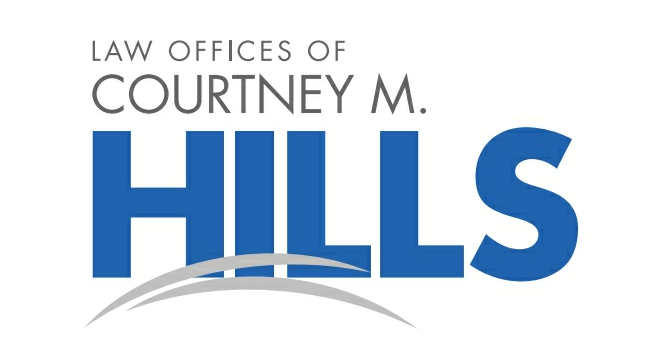Who is responsible when your sewer line breaks in New York?
If you live in an older home built before the 1980’s, it is quite likely that your sewer line has by far exceeded its expected useful life and now it is not simply a matter of if it will fail, but when, leading to disastrous and expensive repairs. Most homeowners are not aware they are responsible for their sewer service lines.[1] In New York, homeowners are required to maintain the sewer lateral from their home to the main sewer line, typically located under the street or nearby easement area.[2]
When a homeowner is first made aware of a broken sewer line it is natural to assume that the municipality is responsible for the portion of the line located outside of the house and they are often frustrated when their local government refuses to provide assistance. So, why can’t a municipality help? In short, it is unconstitutional.
The New York State Constitution contains a provision specifically regulating gifts or loans of public monies to private persons and/or entities. Specifically the law states: “[n]o county, city, town, village or school district shall give or loan any money or property to or in aid of any individual, or private corporation, or association, or private undertaking….”[3] This provision limits a municipality’s expenditures to ensure that the focus of municipal spending is the public good and that municipal resources are used solely for governmental purposes. In other words, this clause serves as a way to control the use of municipal monies and resources.
Well, what is a public purpose then? A public purpose is defined as “something necessary for the common good and general welfare of the people of the municipality, sanctioned by its citizens [and] public character.”[4] If municipal resources are used to provide a purely private benefit, they are not being used for a governmental purpose.[5] This would be an unconstitutional gift from a municipality to a private entity or person.[6]
With respect to a homeowner’s sewer line, the municipality has no authority over it (does not own it) and has no responsibility to maintain it[7]. Therefore, without the legal obligation to maintain the sewer line, there is no governmental purpose, and any such use of public funding, resources (personnel), or equipment to maintain same would not be permissible because the intended beneficiary would be the private property owner, not the public.
In summary, if the municipality goes beyond the boundaries of its obligations, or acts in situations where it has no obligation, it is performing an act it had no duty to undertake. This, by definition, is not a government obligation.
So what can you do as a homeowner to minimize your risk of an expensive sewer repair? It is recommended you:
- Maintain your lateral through proper cleaning and timely repairs versus putting it off until the problem escalates into a bigger, more costly repair or replacement job.
- Do not place improper items into the sewer, including objects, fats, oils, grease, and the like.
- Consult a licensed plumber regarding the installation of a backflow preventer and cleanout into your sewer lateral.
[1] Homeowners are responsible for maintaining their water services lines as well.
[2] In some cases, the municipality may own a portion of the lateral from the connection between the main and a cleanout. A property owner should consult with the municipality before making any repairs or replacements.
[3] N.Y. Const. Art. VIII Section 1.
[4] Schulz v. Warren County Bd. of Supervisors, 179 A.D.2d 118, 122.
[5] Town of Rye, 280 N.Y. at 474.
[6] The mere presence of a private benefit does not automatically render the action invalid if the primary beneficiary of the municipal spending or use of municipal resource is the public. An incidental private benefit resulting from a municipal action does not violate the gift and loan clause so long as the primary purpose is for the public good.
[7] See Note 2 for the exception where a municipality does have a responsibility to maintain a portion of the lateral.

